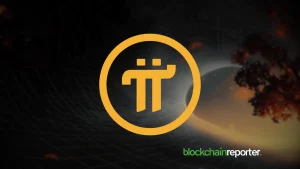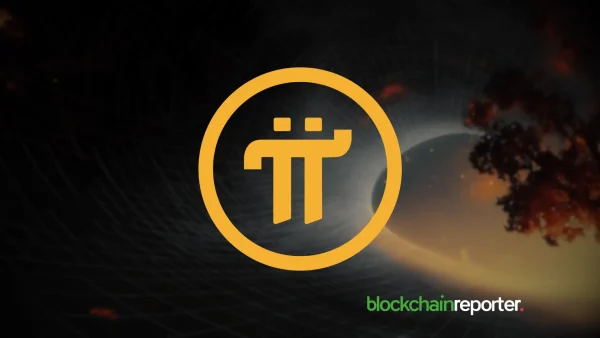
A bill supported by Republican and Democratic senators has been released. If passed, this bill would redefine the relationship between the crypto world and the mainstream financial industry.
Details of the Bipartisan Proposal
US Senators Cynthia Lummis, a Wyoming Republican, and Senator Kirsten Gillibrand, a New York Democrat, have been teasing a crypto bill for months. The two senators have finally revealed their bipartisan proposal, which is dubbed the Responsible Financial Innovation Act. It would force the Federal government to redefine its relationship when it comes to crypto.
The bill, which also goes by the moniker “Lummis-Gillibrand bill,” is the first major bipartisan push to create comprehensive federal legislation for the crypto sector in the US. If passed, the bill would, at the very least, give firm definitions for various terms used in the crypto sector. It would also settle the various turf wars amongst US federal agencies on who has oversight over crypto. Additionally, it would give crypto legal recognition as part of the US financial sector. So, it would force regulators to look into and explain their positions on many things.
Contents of the Bill
The 70-page document details how various federal agencies would handle the crypto sector. It specifically focuses on the turf wars between the Commodity Futures Trading Commission (CFTC) and the U.S. Securities and Exchange Commission (SEC). To settle the dispute, it assigns regulatory authority over crypto spot markets not considered securities to the CFTC. If passed, the bill would also give the CFTC more power over areas where the SEC Chair has asserted the SEC should take the lead. It also adds the term “digital assets” to the Commodities Exchange Act of 1936, which is run by the CFTC.
Other interesting features of the bill include the requirement for crypto exchanges to incorporate Decentralized Autonomous Organizations (DAOs) under the laws of the relevant jurisdiction. It also introduces a “de-minimis” exclusion of up to $200 in crypto per transaction from the taxpayer’s gross income for payment for services and goods.
There is also an exclusion for assets that are obtained via mining from the taxpayer’s gross income until they sell the crypto. The bill also proposes a delay of two years, up to 2025, and amends the crypto broker tax reporting requirements passed in 2021, as part of the bipartisan infrastructure package.
This bill would also redefine the interpretation of the Howey Test for the crypto sector that is used by the SEC to classify a crypto asset as a security. Besides that, it introduces a path via which assets deemed to be securities could have their classification changed once they attain sufficient decentralization.
The bill also touches on stablecoins, which is especially relevant in the face of the collapse of the TerraUSD/Luna ecosystem. It introduces core principles for institutions that issue stablecoins. Under the proposal, such institutions would need to have a 100% reserve for the issuers of the assets.
Other considerations include proposals to establish an advisory committee of industry experts, advocacy groups, and regulators from the state and federal levels. This committee would create guiding principles for regulatory agencies, and advise lawmakers on fast-evolving technology.
An Important First Step
The release of the proposal is only the first step. There is still a long way to go before this bill, whose plans were first revealed in March 2022 becomes law. However, supporters of the bill can take solace in the fact that Senator Lummis serves on the Banking Committee that oversees the SEC while Gillibrand serves on the Agriculture Committee that oversees the CFTC. Both senators are working hard to turn their states into crypto hubs. In both their states, crypto-friendly proposals, and legislation have received overwhelming support from the voters.









